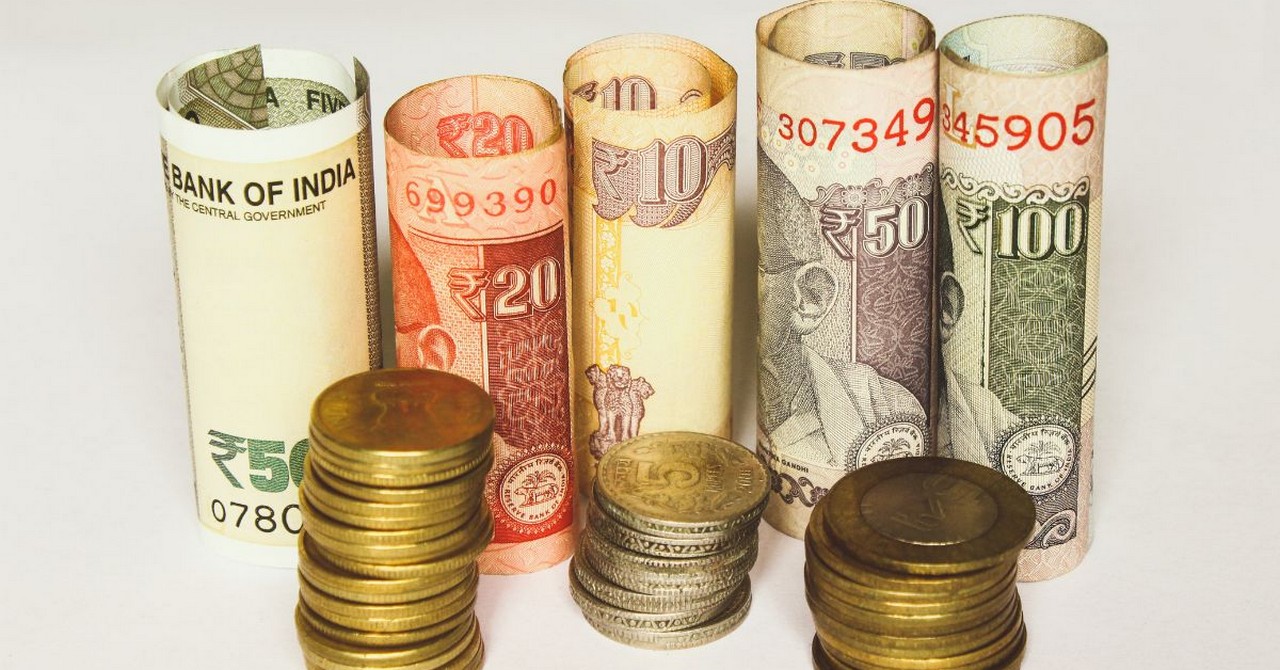Table of Contents
The collapse of the US-based Silicon Valley Financial institution (SVB) has raised considerations over the security of cash deposited in banks, because the fallout awakens ghosts of India’s PMC Financial institution disaster in 2019. Whereas financial institution deposits in India at the moment are secured as much as Rs 5 lakh per particular person per financial institution, the depositors of PMC Financial institution discovered again in 2019 that their cash wasn’t accessible for withdrawals. The banking sector stays underneath strain with some economists predicting even an even bigger collapse than 2008. ”The US banking system is on the verge of a a lot larger collapse than 2008… Mass withdrawals from depositors in search of greater yields will lead to a wave of financial institution failures,” tweeted Peter Schiff, monetary commentator and Chief Economist & World Strategist at Europac.
What occurs to your cash if a financial institution collapses? How a lot of it might you get again?
Financial institution deposits are at present secured as much as Rs 5 lakh per particular person per financial institution, in any respect industrial banks similar to State Financial institution of India, HDFC Financial institution, and so forth; all city cooperative banks, similar to Saraswat Financial institution, Cosmos Financial institution, and so forth; and even funds banks similar to Paytm Funds Financial institution, Airtel Funds Financial institution, and so forth. The federal government of India offers deposit insurance coverage for financial institution deposits. This insurance coverage is offered by the Deposit Insurance coverage and Credit score Assure Company. If a financial institution fails, the DICGC will present insurance coverage protection as much as Rs 5 lakh for every depositor per financial institution. To make certain of whether or not a financial institution is insured underneath DICGC, a depositor might examine with the respective financial institution department.
Additionally ReadRBI’s New Rule! Greenback remittances that aren’t invested overseas should be repatriated inside 180 days
What if in case you have Rs 5 lakh every deposited in two completely different banks?
The deposit insurance coverage protection is utilized individually to the deposits in every financial institution. So if a depositor has cash in two completely different banks, then each deposits can be coated individually to the extent of Rs 5 lakh every underneath the deposit insurance coverage protection. If a person has two accounts in the identical financial institution with an quantity totalling greater than Rs 5 lakh, then the entire cowl can be restricted to Rs 5 lakh. “Deposits stored in several branches of a financial institution are aggregated for the aim of insurance coverage cowl and a most quantity of as much as rupees 5 lakhs is paid,” in keeping with the Reserve Financial institution of India (RBI).
Additionally ReadFederal Financial institution weighs NBFC arm stake sale
SBI raises prime lending price, base price by 70 bps from as we speak
RBI expresses reservations on organising of household workplaces
Fintechs cautiously optimistic about self-regulatory entity
What occurred with PMC Financial institution deposits? Why have been depositors not paid regardless of protection?
RBI on September 24, 2019, restricted withdrawals from Punjab & Maharashtra Co-operative Financial institution (PMC) accounts after a mortgage fraud was uncovered. The withdrawals have been allowed upto Rs 1000 per account for the following two days; the withdrawal restrict was then raised to Rs 10,000 per account for the following seven days; it was then raised to Rs 25,000 for the following 11 days; then Rs 40,000 for subsequent 22 days; then Rs 50000 for subsequent few months after which it was raised to Rs 1 lakh. On the time, the deposit insurance coverage coated a sum of solely upto Rs 1 lakh per depositor, however was later elevated to Rs 5 lakh. DICGC settled claims totaling Rs 3,791.55 crore, repaying cash to eight,47,506 traceable depositors. Nevertheless, later stories counsel that a number of the PMC Financial institution depositors are nonetheless struggling to get a few of their a reimbursement.
Which financial institution deposits should not insured?
DICGC insures all deposits similar to financial savings, fastened, present, recurring, and so forth. deposits besides the next forms of deposits:
-Deposits of overseas Governments;
-Deposits of Central/State Governments;
-Inter-bank deposits;
-Deposits of State Land Growth Banks with the State cooperative financial institution;
-Any quantity due on account of and deposit obtained outdoors India
-Any quantity, which has been particularly exempted by the company with the earlier approval of Reserve Financial institution of India
Additionally ReadTech strain, Janet Yellen in all places: How Washington scrambled as SVB collapsed
How do banks work?
Banks take funds from individuals and in return give them some curiosity on their deposits after which lend these funds to those that want it, charging the next rate of interest. The distinction between the pursuits is the web revenue of the financial institution.
How do banks collapse?
Banks have a broad depositor and borrower base which permits them to lend short-term deposited cash for the long run. The broad buyer base additionally ensures that not all depositors will money out their funds on the identical time. Equally, not all debtors are anticipated to break down on the identical time. If a financial institution offers nearly all of loans to a single group or particular person then the possibilities of collapsing improve. To keep away from focus threat, RBI has set City Co-Operative Banks (UCBs) publicity limits for a single borrower/celebration and a bunch of linked debtors/events at 15% and 25%, respectively.



